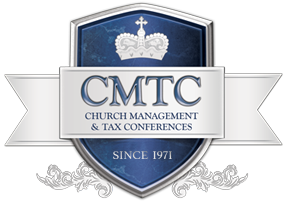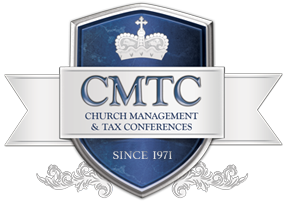How Much Is Enough
Benevolence is synonymous with charity. It is the very definition of it. However, there is a definite line between charity and what the IRS calls inurement (or private benefit).
Everyday many churches and charities overwhelmingly receive requests for help. Most Churches want to help those in need. The questions become, “Is the need legitimate” and “How much is too much?” Another question that Churches should ask is, “Is our Church legitimately authorized to offer benevolence?” Let’s look at some answers to these questions.
What Is the Purpose of Your Organization?
The first answer many would provide is to represent Christ to their communities. Is not benevolence a part of that representation? Technically yes, but that may not make it legal. This generates another question: “What is your nonprofit approved by the IRS to do?”
There is a good possibility that benevolence is not one of them – at least not technically. Even if benevolence was listed as one of your organization’s programs on your 501(c)(3) application, it probably wasn’t the main reason for which you applied. That does not stop your nonprofit from helping those in need. Real benevolence is always OK, but it cannot be the primary program if that is not what you are approved to do. If your Church is to engage in benevolence, it must do it right. Before your Church engages in a program of benevolence – even helping one family – your voting authority needs to approve the initiative and record such in the Church minutes.
Utilize an Application Process.
This is vital. Everyone requesting help must be vetted. There must be a method to verify that the need is justifiable – every benevolence request is not obvious or legitimate. What about transients that show up at your church office telling you they are stranded and need money for gas, food, motel, etc. This is one of the oldest scams in the book. To vet this request, begin by asking probing questions. Do not feel uncomfortable pressing those asking for help. You cannot help everyone, therefore your help go to those who truly need it?
During the vetting process, scam artists will show their true selves almost immediately – deny them. Those with real needs will be incredibly grateful. The key to benevolence is “Be smart – then compassionate!”
What Is Your Budget?
He who builds a house should first consider the cost (Luke 14:28). You should have a gross, and a case-by-case budget. Establish an annual budget for benevolence, then determine the maximum amount you are willing to provide each recipient.
There will always be more need than you can meet. Establishing a limit up front makes individual decisions a little easier.
Avoid Requests for Large Amounts
The more you help with any one person, the less you will be able to help another. Sometimes people will want help with the rent, a mortgage payment, a week’s worth of groceries, etc. This may be OK, but be careful. Once you help one with those items you establish a precedent. If you give large amounts to one person or family, others will expect it.
Just because you are emotionally touched by the benevolence request, DO NOT throw common sense “out of the window.” Some people need good, strong advice more than money (notice I said they need it – not want it). If someone bought a car and can’t make the payments, tell him or her to sell it. Paying a car payment for someone is not benevolence – it’s private benefit (inurement).
Avoid Repeat Offenders
Some people use the Church to supplement their income. They will come back over and over looking for help. SETTING LIMITS does not make you heartless; it makes you wise. When people receive very large amounts of assistance, there is the potential for benevolence to turn into private benefit.
The mission of the Church should be to help – not underwrite someone’s personal budget. Regardless of your opinion of the Government’s, social programs, safety net programs such as food stamps and welfare are available for those in chronic need.
How We Can Help
For more than 78 years Chitwood & Chitwood has been the voice of reasoning for Churches and nonprofits. Our expertise qualifies us to assist Churches in the finer points of IRS compliance as well as offering practical, day-to-day administrative solutions to this and other issues that Churches face.
It would behoove every Pastor and Church Leader to attend a Church Management and Tax Conference in their nearest city to keep abreast of the challenges that each encounters. You may register by calling 800-344-0076 or visiting www.cmtc.org. It will be one of the greatest decisions you every make.
Remember, for Chitwood & Chitwood this is “A Ministry – Not A Job!”

